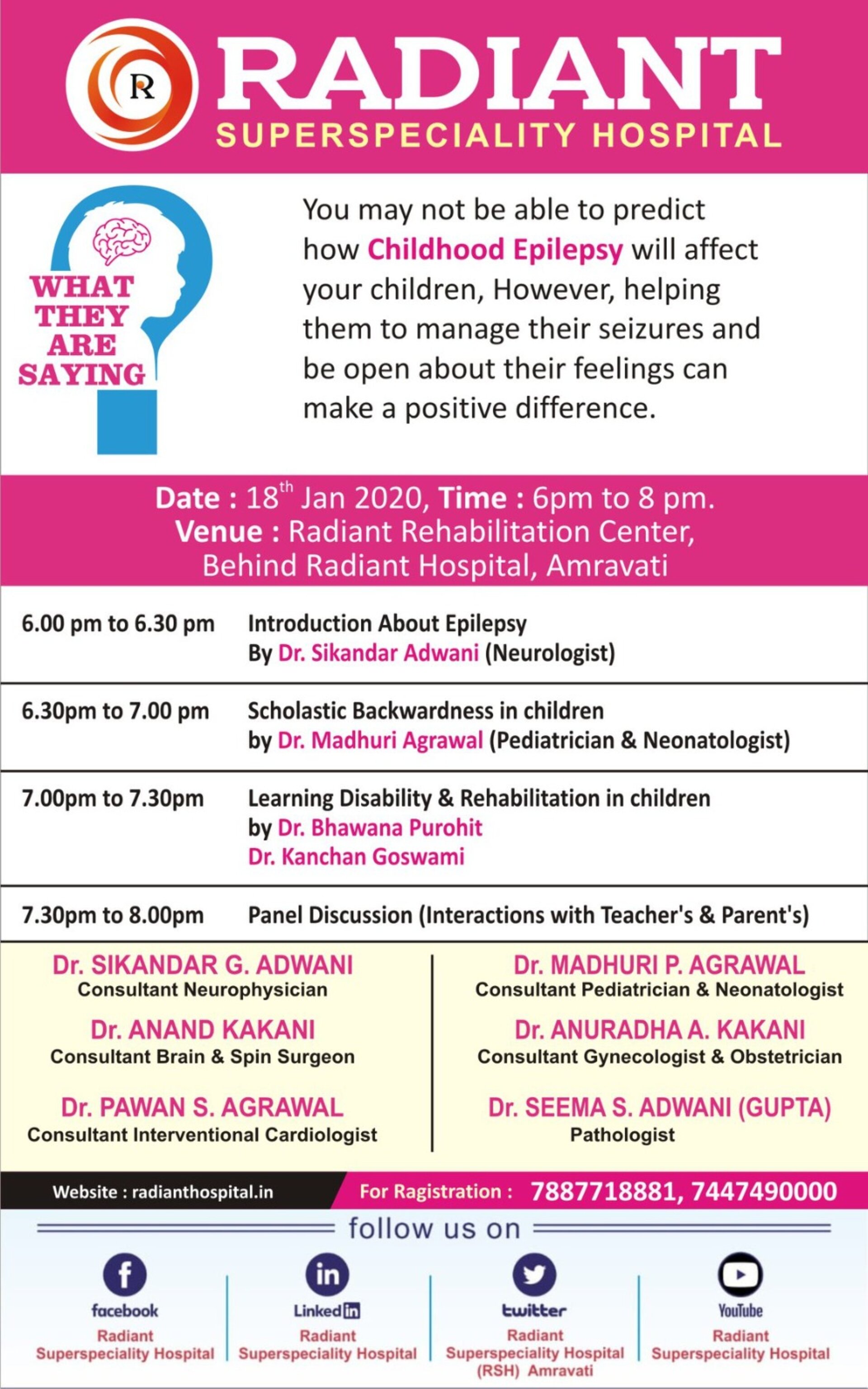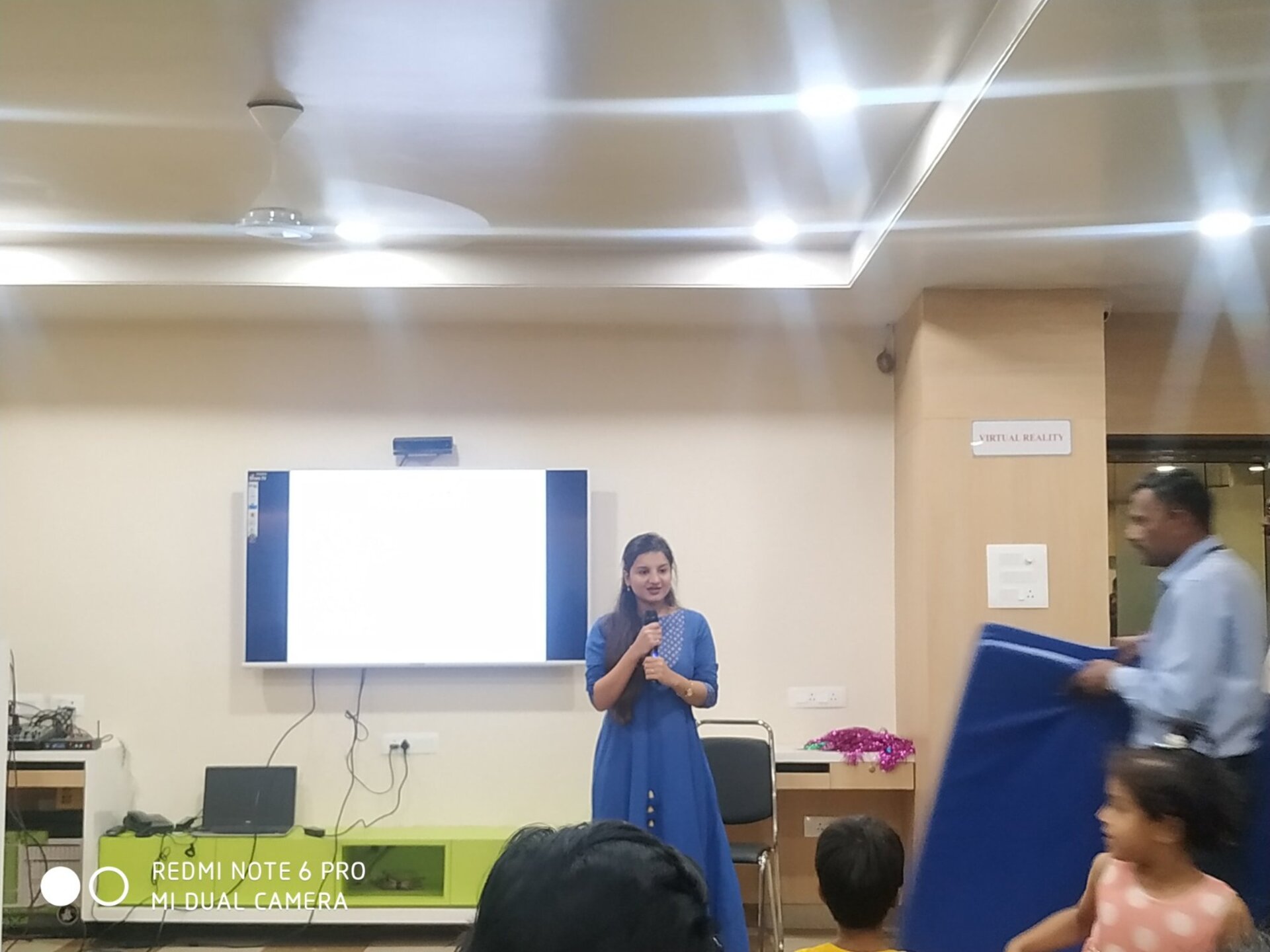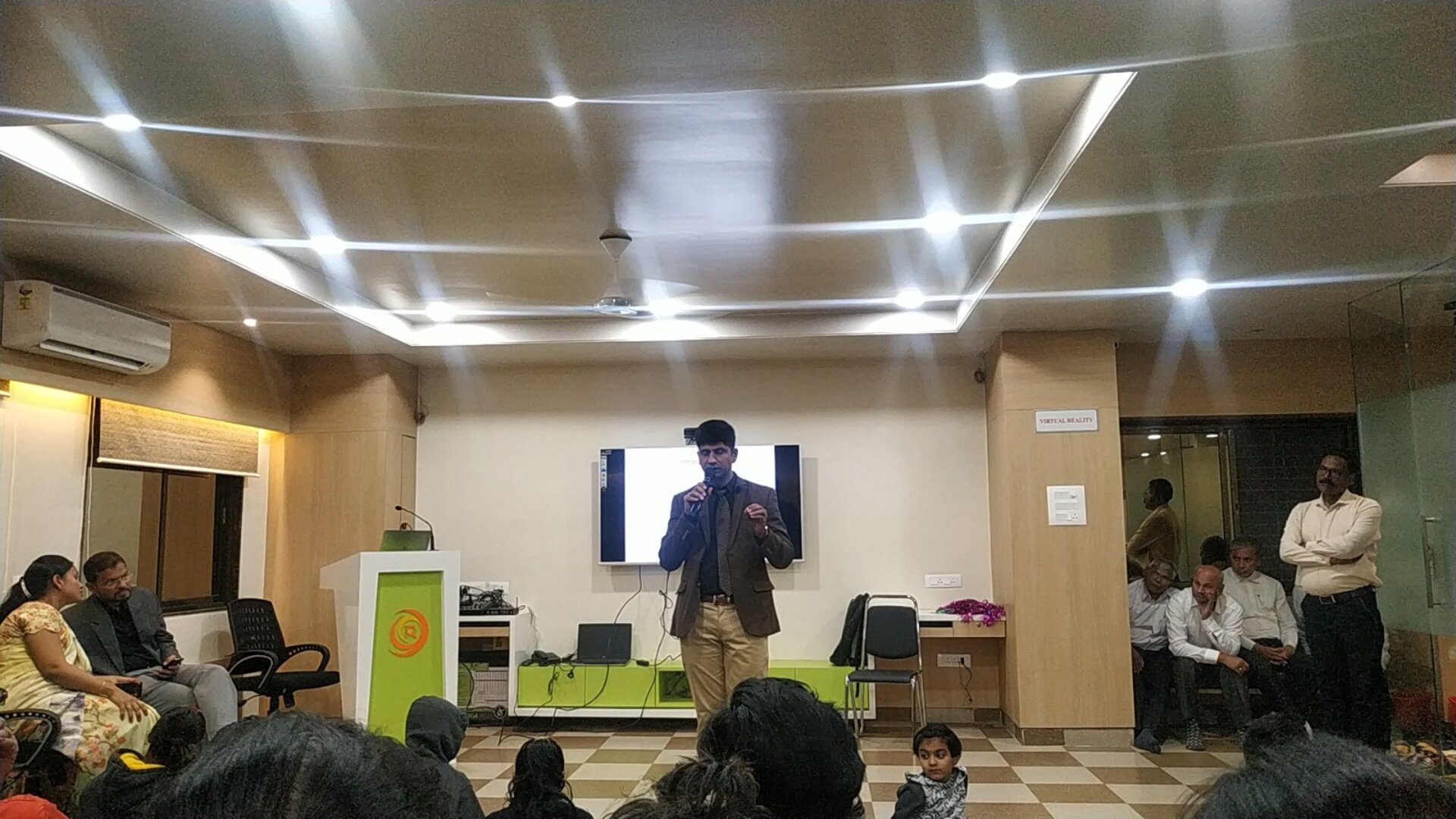On January 18, 2020, Radiant Rehabilitation hosted an enlightening Epilepsy Awareness Program titled "What They Are Saying." This event brought together esteemed medical professionals, parents, and teachers to discuss various aspects of epilepsy, its impact on children, and the importance of proper management and rehabilitation. The program aimed to increase understanding and support for individuals living with epilepsy, particularly focusing on its effects on children's education and development.
Understanding Epilepsy: A Comprehensive Introduction
The program kicked off with an insightful introduction to epilepsy by Dr. Sikandar Adwani. Dr. Adwani, a respected neurologist, provided attendees with a comprehensive overview of epilepsy, covering its definition, causes, symptoms, and current treatment options.
Key points from Dr. Adwani's presentation included:
- The definition of epilepsy as a neurological disorder characterized by recurrent seizures
- Various types of seizures and their manifestations
- Common triggers for epileptic seizures
- The importance of early diagnosis and proper management
- Current treatment options, including medications, surgery, and lifestyle modifications
Dr. Adwani emphasized the importance of public awareness in reducing stigma and improving the quality of life for individuals with epilepsy.
Scholastic Backwardness in Children with Epilepsy
Dr. Madhuri Agrawal delivered an enlightening talk on scholastic backwardness in children with epilepsy. Her presentation highlighted the educational challenges faced by these children and strategies to support their academic progress.
- Dr. Agrawal's discussion covered:
- The impact of seizures and anti-epileptic medications on cognitive functions
- Common learning difficulties experienced by children with epilepsy
- The importance of individualized education plans
- Strategies for teachers and parents to support these children in their academic journey
- The role of regular assessments and interventions in improving scholastic performance
Learning Disability & Rehabilitation in Epilepsy
The next segment featured a joint presentation by Dr. Bhavana Purohit and Dr. Kanchan Goswami, focusing on learning disabilities associated with epilepsy and the crucial role of rehabilitation.
Their talk encompassed:
- The prevalence of learning disabilities in children with epilepsy
- Specific learning challenges commonly observed in epilepsy patients
- The importance of early identification and intervention
- Various rehabilitation techniques and their benefits
- The role of occupational therapy and speech therapy in managing learning disabilities
- Strategies for improving cognitive functions and academic performance
- The importance of a multidisciplinary approach in rehabilitation
Panel Discussion: Bridging the Gap Between Medical Professionals, Parents, and Teachers
The event concluded with an interactive panel discussion, bringing together medical professionals, parents, and teachers. This session provided a platform for attendees to ask questions, share experiences, and gain practical advice on managing epilepsy in children.
Key topics discussed during the panel included:
- Strategies for effective communication between parents, teachers, and healthcare providers
- Managing epilepsy in the school environment
- Addressing the psychosocial aspects of epilepsy in children
- Tips for creating a supportive and inclusive classroom environment
- The importance of educating peers about epilepsy to reduce stigma
- Resources available for families dealing with epilepsy
The Epilepsy Awareness Program at Radiant Rehabilitation proved to be an invaluable resource for attendees, providing comprehensive information on epilepsy management, educational challenges, and rehabilitation strategies. By bringing together medical experts, educators, and families, the event fostered a collaborative approach to supporting individuals with epilepsy.
As we continue to raise awareness and improve understanding of epilepsy, events like these play a crucial role in empowering individuals, families, and communities to better manage this condition and support those affected by it. The insights shared and connections made at this program will undoubtedly contribute to improved care and support for children with epilepsy, helping them to reach their full potential both academically and in life.


